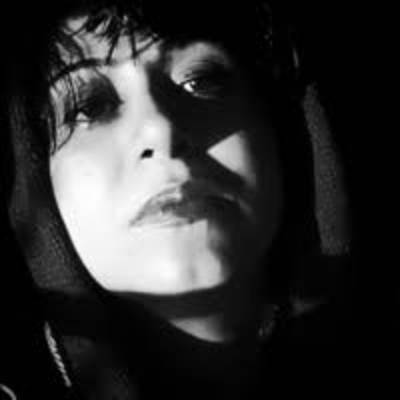About the Author:

Rosa Jamali is a Persian poet based in Tehran. She studied Drama & Literature at Art University of Tehran and holds a Master degree in English literature from Tehran University. She has published six collections of poetry . Her first book, This Dead Body is Not an Apple, It is Either a Cucumber or a Pear, was published in 1997 and opened new landscapes and possibilities for Persian contemporary poetry. Through broken syntax and word-play, she described a surreal world in which words have lost their meanings and have become jumbled objects within everyday life. In her other collections, she adapted a kind of music from classical Persian poetry and imbued it with natural cadences of speech, juxtaposing long and short sentences. In her recent poems she creates some layers of intertextuality with Persian mythology and mysticism. Rosa Jamali’s poetry also enjoys a free-flowing influence of English poets like T.S. Eliot. She is also an active translator; she compiled a recently published anthology of anglophone poets in her own translation into Persian. She was a lecturer on Persian poetry at the British Library and at the US Persian Study centres and has contributed to many poetry festivals worldwide. She has also written a number of scholarly articles on poetry, literary theory and creative writing.




